Ivory Coast is a representative parliamentary democratic republic. It has a multi-party system. The president of the Ivory Coast is both the head of state and the government. The government and the president both exercise the executive powers while the legislative powers are vested on both the government and the parliament. The constitution of Ivory Coast provides for a strong presidency but within a framework of separation of power.
Elections are held after every five years in Ivory Coast. The people elect the president and the legislatures. The National Assembly is composed of 225 members, who are elected to represent constituencies. The numerous political parties in the country compete for the available legislative seat in the National Assembly and the topmost presidential seat. After elections, the president has the duty of appointing the prime ministers. The elections are conducted by the Independent Electoral Commission.
The parliament of Ivory Coast is bi-cameral. As from 2016, the National Assembly has been the lower house of the parliament. The parliament was unicameral until 2016. The Senate, which is supposed to be the upper house, is yet to be established. The National Assembly Building, referred to as the Plateau, is located close to the Nigerian Embassy. The official residence of the president, referred to as the Presidential Place, is located in the Plateau district of Abidjan. The palace overlooks the Bay of Banco.
Formerly, the only political party in the Ivory Coast was the Democratic Party of Cote d'Ivoire. Today, major parties are numerous, and include the Democratic Party of Cote d'Ivoire, the Ivorian Popular Front, the Ivorian Workers' Party, the Rally of the Republicans, and the Renaissance.
This page was last modified on May 1st, 2018
More on Graphicmaps
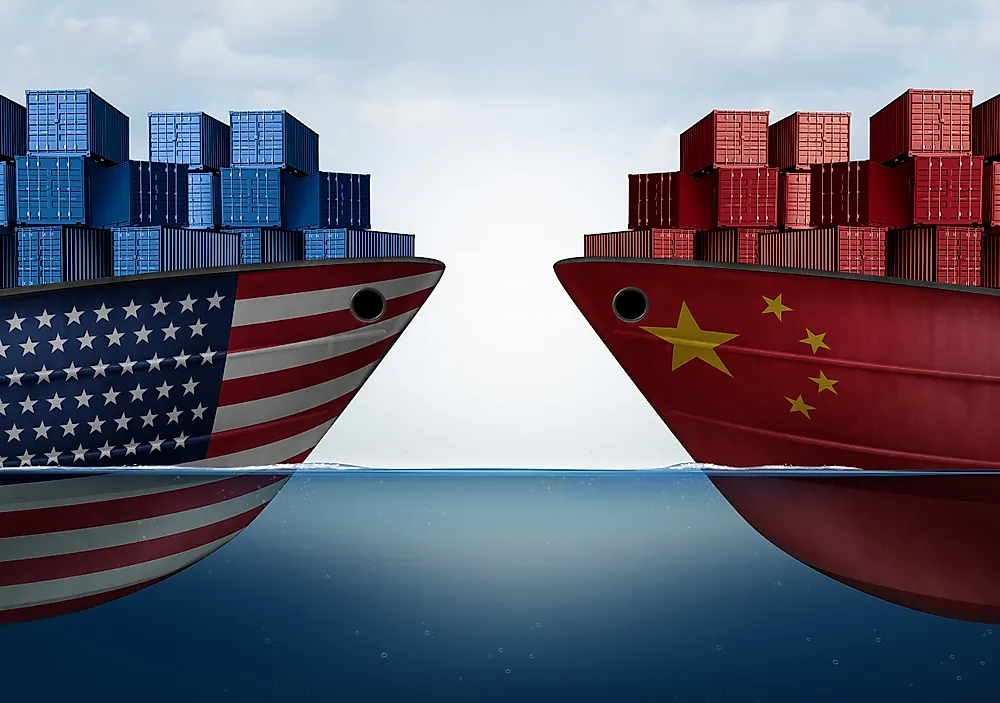
Published on 2019-11-06
What is a Trade Embargo?
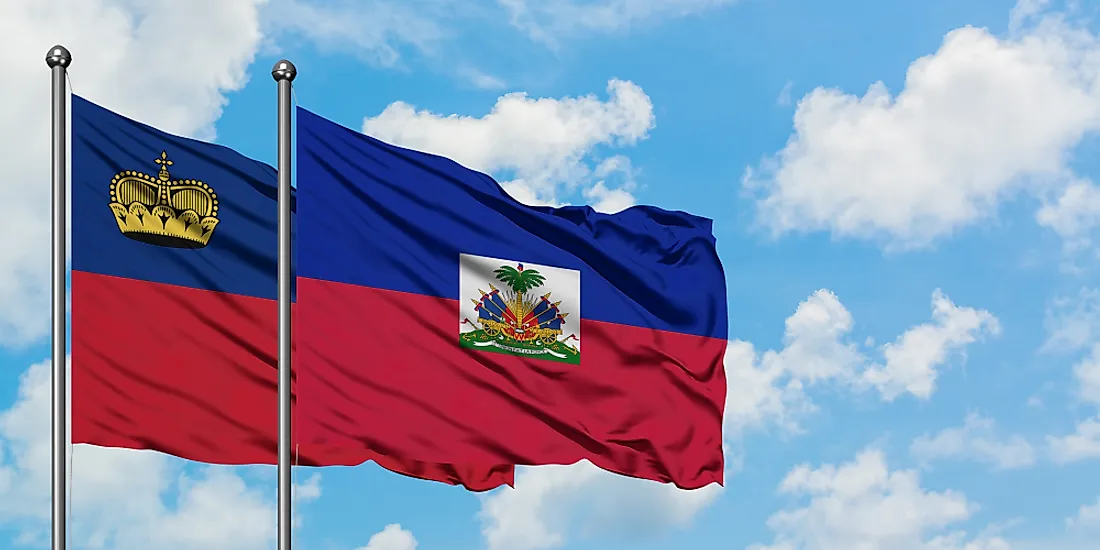
Published on 2019-11-04
Which Two Countries Used to Have the Same Flag?

Published on 2019-09-16
What Is the Only Two-Sided State Flag?
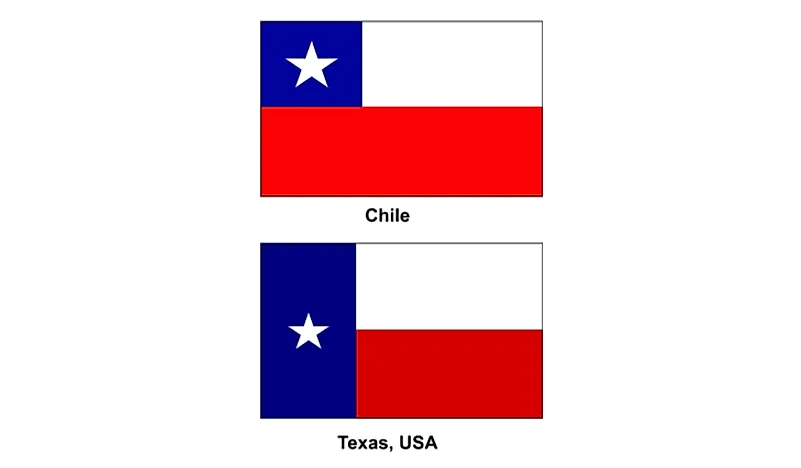
Published on 2019-09-16
Which Country Flag Looks Like the Texas Flag?
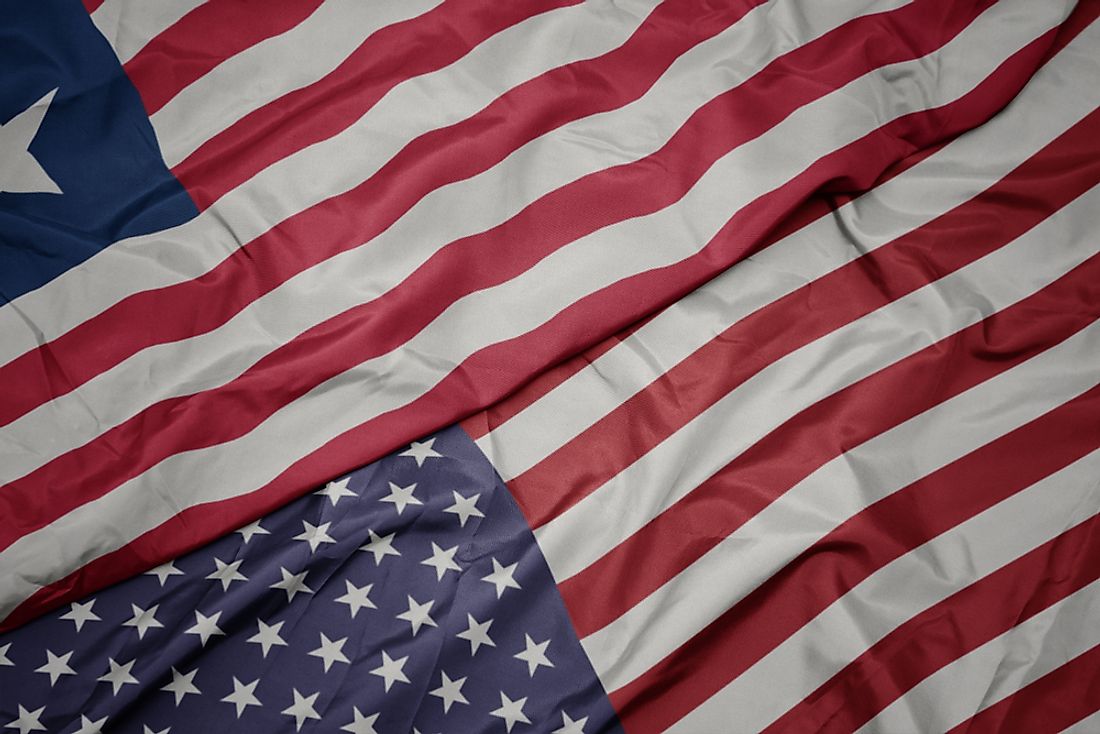
Published on 2019-08-29
Flags That Resemble the US Flag
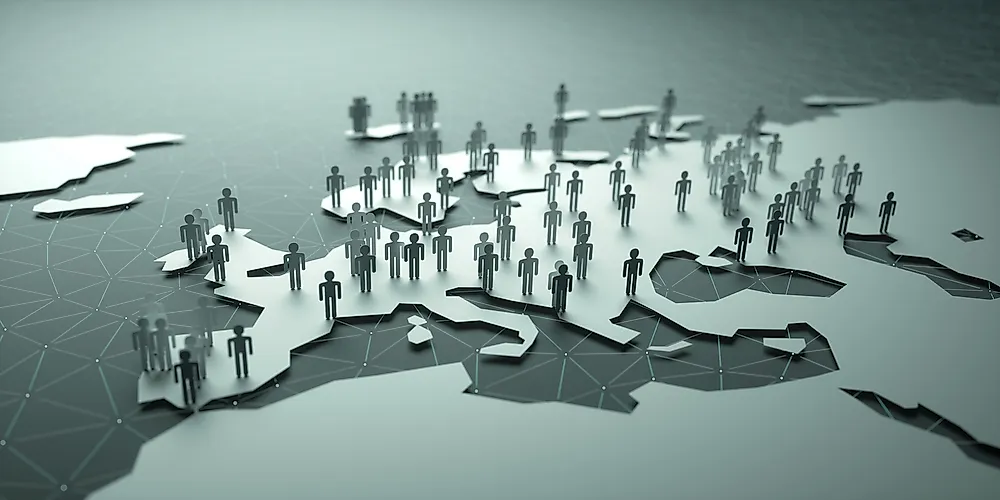
Published on 2019-08-20
